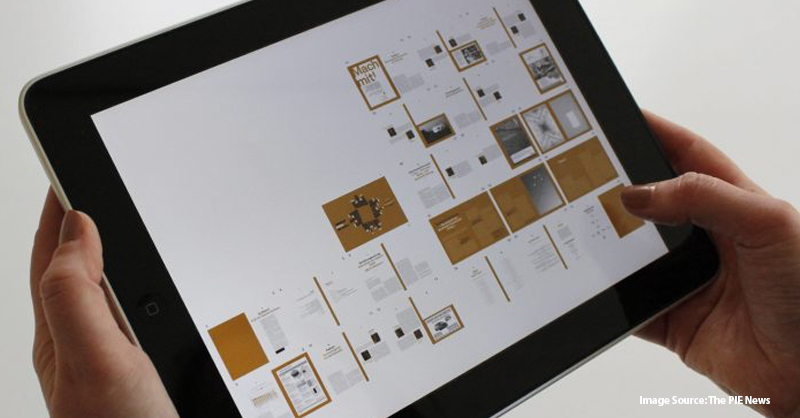India will allow nearly 15% of universities to offer online degrees allowing students and executives to learn anywhere, anytime.
The courses, however, will be non-technical in nature, implying that they exclude degrees in engineering and medicine, human resource development minister Prakash Javadekar explained.
Although some believe the move may compromise quality, it will help India improve its low gross enrolment ratio (GER) in higher education and address the problem of access to colleges, faced in several parts of India.
Universities accredited by the National Assessment and Accreditation Council (NAAC) and rated A+ will be allowed to offer such courses. Others that want to offer such courses will be allowed a window of two years to achieve the A+ level in NAAC accreditation.
WHAT PUSHED THE MOVE
The annual status of education report (ASER) published on Tuesday, which measures the learning ability of young people in the age group of 14-18 years, found that 73% used a mobile phone. “Maybe the policy makers can think about utilizing this bright spot,” said Madhav Chavan, co-founder of the non-government organization Pratham, which brings out the report.
With mobile phone availability and usage on the rise, experts are hopeful that the existing ecosystem may be more welcoming to the idea of online degrees.
THE KEY CHALLENGES
However, the policy will face three key challenges. For one, it will be in direct conflict with distance education; second, the experience worldwide is that open online courses have not been a spectacular success; and three, the evaluation of students will be a difficult task. Besides, Indian higher education is not staffed sufficiently to manage the existing number of students.Thus, Ministry officials said since only a fraction of the universities with good ranks will be allowed to offer such courses, quality can be handled better.

